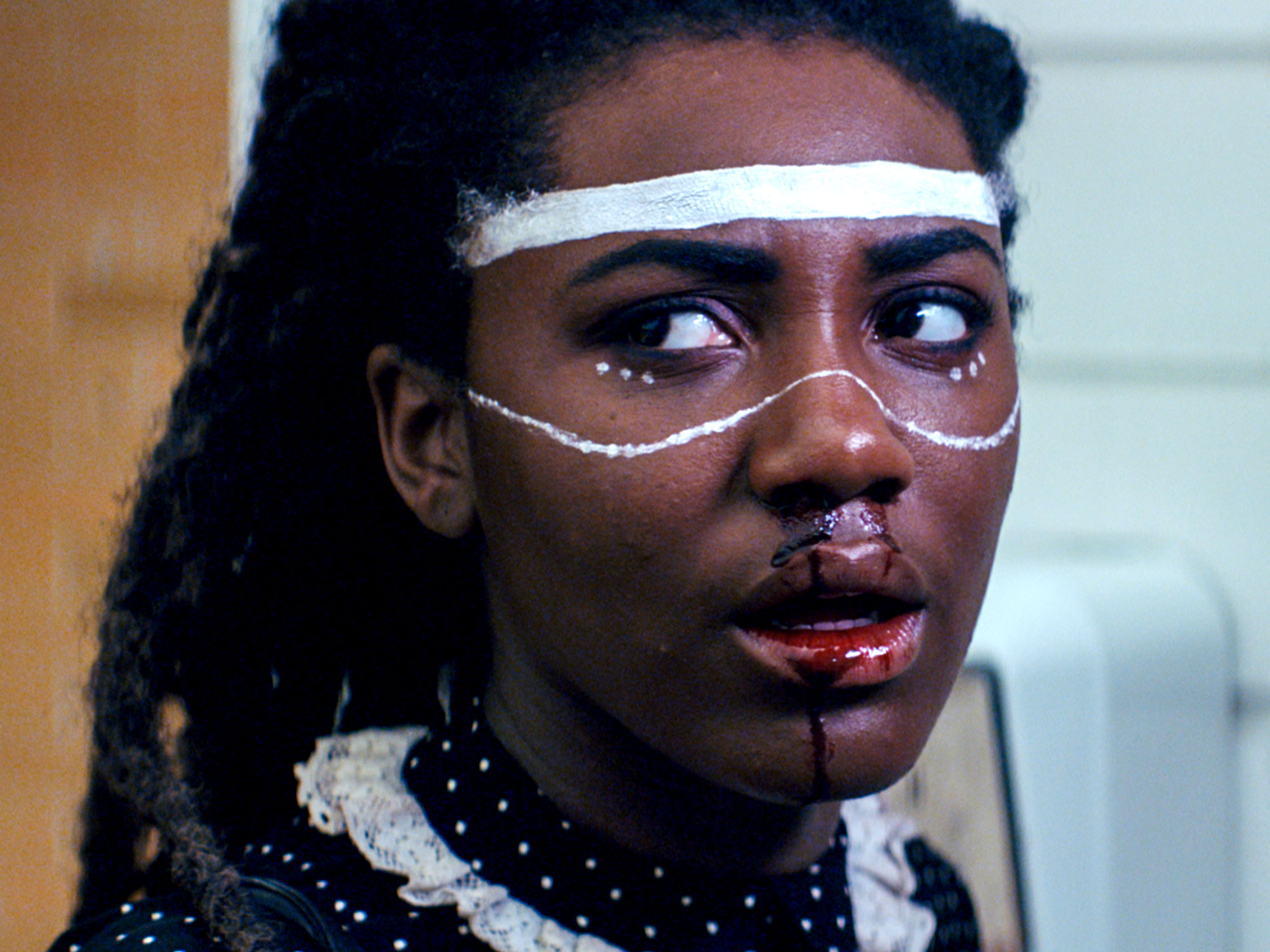
In 2018, producer Jason Blum said that one of the reasons why Blumhouse had not hired more female filmmakers was that, “There are not a lot of female directors period and even less who are inclined to do horror.” This comment, likely said in the heat of the moment, should be taken with a grain of salt (Blumhouse does have a lot of projects by women in development) but it nonetheless reveals a fairly common strain of thought when discussing genre cinema and women’s role within it.
This year’s edition of the Fantasia International Film Festival in Montreal features a strong lineup of women who are helping to break down those perceptions. When we talk about the need for inclusivity in genre cinema, it is in order to support new and alternative points of view, as a more diverse set of filmmakers only enhances the scope of stories we tell and how we tell them.
While the below list focuses on feature-length projects, some of the very best work in transgressive and boundary-pushing genre cinema is happening in short films. At Fantasia, in particular, programmes like ‘Born of Woman’, a collection of short films that highlight the experiences and perspective of female filmmakers, unveil a deep well of creative talents waiting to burst through the glass ceiling.
More than just a list of the most exciting films by women this year (this only represents a small cross-section of films directed by women), this list could easily double as a rundown of the very best films of the festival.
Knives and Skin
With Knives and Skin, Jennifer Reeder second feature, she paints a dreamy and primal coming of age film about a teenage girl’s disappearance. With lamentations in the form of 1980s pop, the film takes nostalgic inspiration from a wide variety of inspirations and subverts them at every turn. Working primarily with theatrical actors, Reeder’s mastery of tone is on full display as she toys with artifice as a means of expression, drawing out the poetry from melodramatic tropes for comedy but also devastating emotional revelations.
For years now Reeder has been creating some of the strangest pop odes to teenage adolescence with short films like Blood Below the Skin and A Million Miles Away. To see her pastel-toned vision adapted to a feature-length film is a thing to behold.
Ode to Nothing
In the third feature from Filipino director Dwein Baltazar, an unhurried necrophiliac drama unfolds with dark comic notes. Against a backdrop of humid desperation, Sonya struggles to keep her floundering funeral home alive. After the arrival of an unidentified body, Sonya’s life shifts towards a liminal world between life and death. Using carefully crafted tableaux and dense sound design we are drawn into an increasingly unstable reality as we probe deeper in a rhythmic and somniferous fugue state.
Ode to Nothing has a way of normalising the increasingly strange events and as the film reaches an emotional climax and as an audience, we feel as out of touch with reality as the central character. This is Baltazar’s third feature and in a wave of exciting genre cinema coming out of the Philippines (Adolfo Borinaga Alix Jr’s erotically charged Mystery of the Night was also a highlight this year at Fantasia), she is a talent to watch out for.
House of Hummingbird
For her debut feature, Kim Bo-ra reached out to her childhood for inspiration. Set in the 1990s, the film is a stark and lonely coming of age film about a middle school student Eunhee who is yearning for love and affection. House of Hummingbird is a quiet movie about yearning and alienation, a slow-burn that will leave your heart aching by the end. Subverting melodramatic expectations, the film builds a steady rhythm as it moves towards a tragic finale. Drawing parallels between growing up and the modernisation of South Korea two decades ago, the film is an astonishing and heart-wrenching movie about finding love and acceptance.
The Father’s Shadow
From the director of Friendly Beast, The Father’s Shadow is an introspective horror grounded in two incredible performances. Centred on the experience of two women forced to live with a man (the girl’s father) as he spirals into despair, the film builds on its premise with an ever-increasing discomfort. Building on an intense sense of dread, the film examines the bonds of blood and loyalty, as well as a growing sense of powerlessness in the face of financial and familial desperation. The horror in The Father’s Shadow is centred heavily on domesticity and the film’s supernatural elements emerge as an act of resistance, as a child uses her imagination to escape the tense prison of the real world.
Jessica Forever
Without a doubt one of the most divisive films of the past year, Jessica Forever is a beguiling ode to video games and masculinity. In a futuristic world, young orphan men are hunted down and eliminating. The stoic and statuesque Jessica (Aomi Muyock) has helped take them under her wing, and the band of alienated boys treat her like a surrogate mother. Naive and almost wordless, the film has been likened to Claire Denis’ Beau Travail for the gaming generation. With stark images and a deep sense of melancholia, Jessica Forever is a singular and abstract vision of dystopian loneliness.
For more info on this year’s Fantasia Festival visit fantasiafestival.com
The post The rising women of genre cinema appeared first on Little White Lies.
![Forest Essentials [CPV] WW](https://s3-us-west-2.amazonaws.com/pcw-uploads/logos/forest-essentials-promo-codes-coupons.png)
0 comments